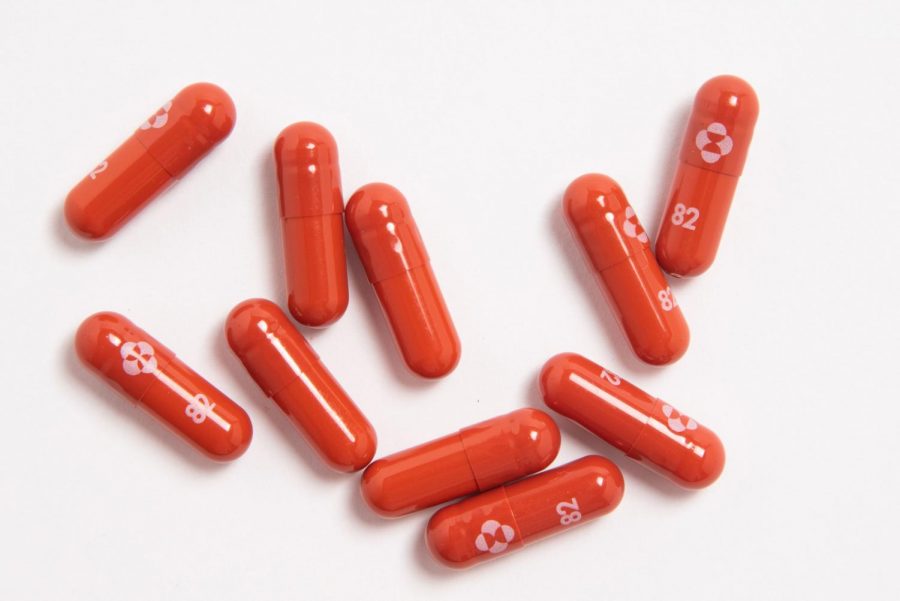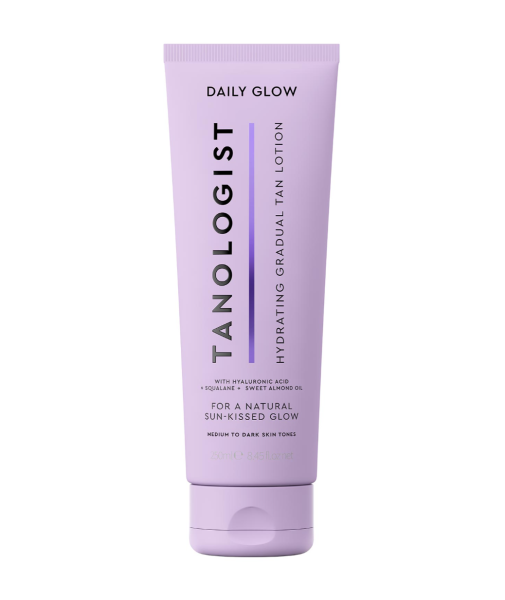Covid Pill Could Change the Face of Global Health
Along with immunizations and booster shots, a new potentially life-saving resource to combat Covid may soon hit the market.
With rising hospitalization rates in certain states, doctors are having to make difficult decisions on whether or not to treat patients even if death is certain, according to The Wall Street Journal. With the “Covid pill” (Molnupiravir) manufactured by Merck, an American pharmaceutical company, hospitals will hopefully be able to send patients home sooner, causing less strain on doctors and nurses.
According to Merck, in their trial test of the pill, of the 775 high-risk Covid patients participating, 14.1% taking a placebo were either hospitalized or died while only 7.3% were hospitalized or died when taking the Covid pill.
Starting in Wuhan, China, in late 2019, Coronavirus spread and officially became a global pandemic in March, 2020, according to the World Health Organization. A month later most people were sent into quarantine and forced to work from home.
In December of 2020, the first Covid vaccine was released. With vaccines came much uproar. “Anti-Vaxxers” spread misinformation to convince others not to get vaccines despite clear evidence of their benefits.
An anti-vaxxer nurse tried to convince others not to get vaccinated, claiming that it “turns people magnetic,” according to The Hill. Misinformation spread so much that companies like YouTube have blocked all anti-vaccine content on their site.
Even with vaccines, however, Covid keeps killing. According to NBC News, so far there have been nearly five million deaths worldwide. Throughout the pandemic, hospitals have been struggling to provide proper care to enough patients as people keep flooding in.
Merck’s Covid pill could change that.
Health officials have long awaited an easy pill that could reduce the severity and progression of Covid as a way to ease hospitals and lower death rates. If the pill is approved by the FDA, many lives will be saved.
According to Johns Hopkins School of Public Health’s Dr. Amesh Adalja, “I think this is something hopefully by the end of the year we might see on shelves or be able to be prescribing to patients. And it would be game-changing,” he told Fox News.
With a very near possible release date, health officials are excited to see a way they can have more control over the virus’ grip on society.
Dr. William Schaffner, an infectious disease expert at Vanderbilt University, told The Associated Press, “This would allow us to treat many more people much more quickly and, we trust, much less expensively.”
Amy Lehane, a Williston nurse, expects the Merck Covid pill to become a part of Williston eventually.
“If approved for the young adult population … it is likely we would [provide the pill],” she said.
She also said high-risk Covid patients should take the pill if approved, “[because] it reduced [the] chance of hospitalization or death for high-risk people by ~50% in clinical trials.”
Despite many believing Merck’s Molnupiravir to be a game changer, some are reluctant to fully embrace it. In a CNN op-ed, Dr. Kent Sepkowitz, an infection control expert at Memorial Sloan Kettering Cancer Center in New York, pointed out reasons to be wary of this wonder drug.
Citing an article from The Wall Street Journal, Sepkowitz noted that the trial conducted on the pill only contained unvaccinated people who started the drug regimen within five days of symptoms. This means there are many unknowns about how the pill might affect vaccinated patients and those who take the pill after experiencing symptoms for longer than five days.
According to Merck, they plan to produce 10 million courses (1 course equals a full regimen of the drug for one person) of the pill by the end of 2021, meaning they are certain Molnupiravir is going to be approved by the FDA.
Upon being approved, the U.S. has pledged to purchase 1.7 million courses of the pill, worth $1.2 billion. In the week of October 3, Australia, Malaysia, Singapore, and South Korea reached purchase agreements with Merck, “even though their regulatory agencies have yet to approve the drug,” according to The New York Times.













